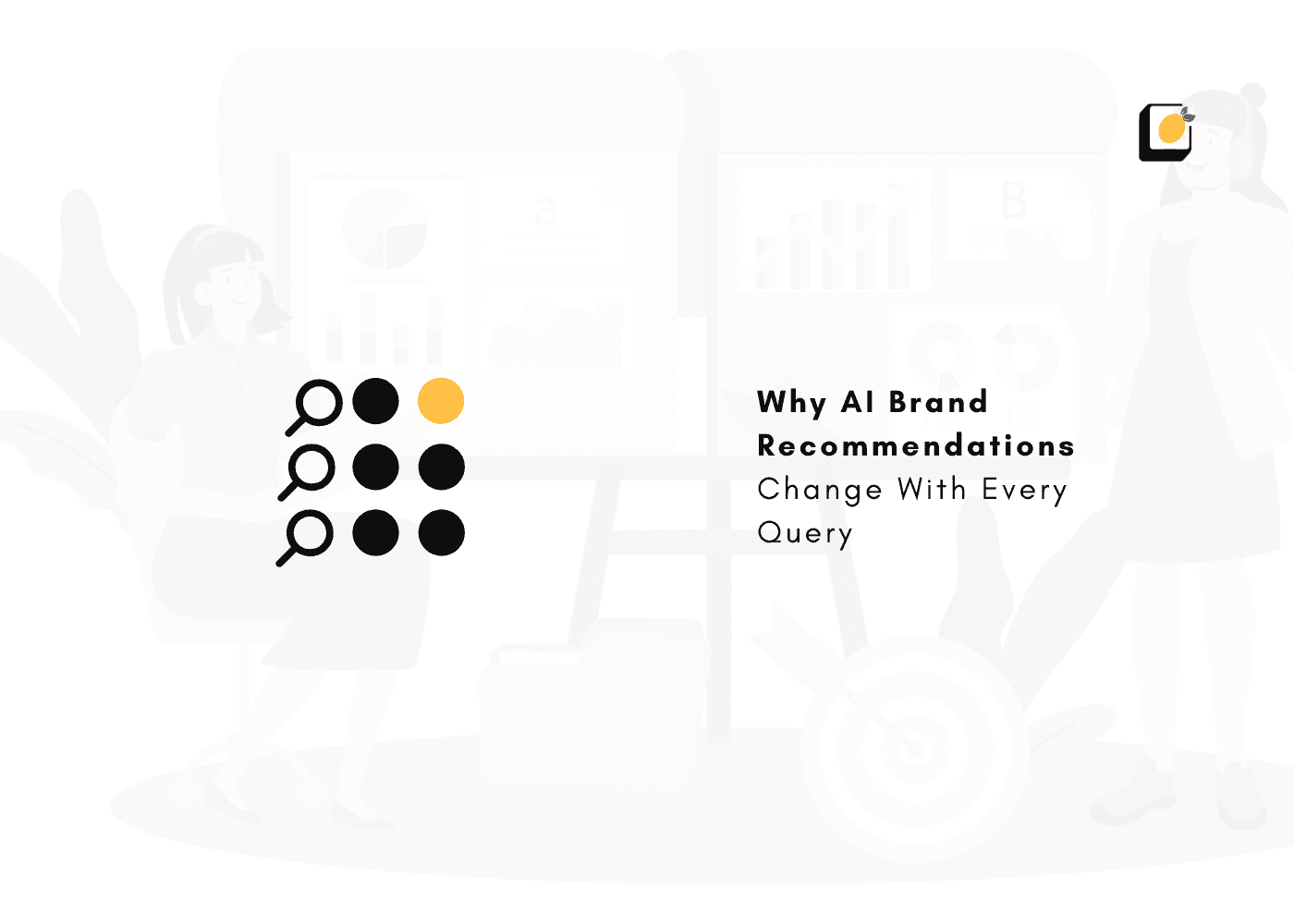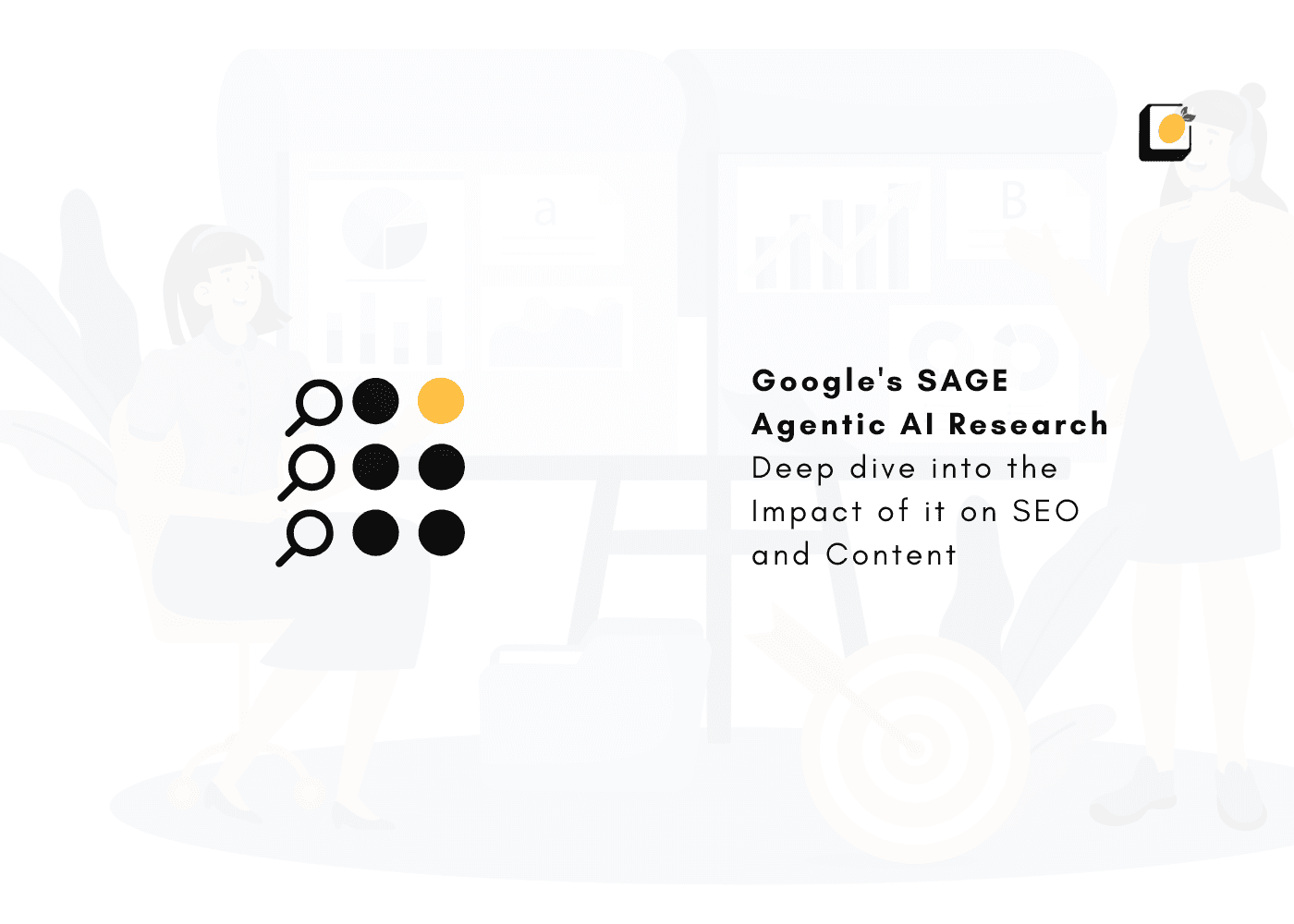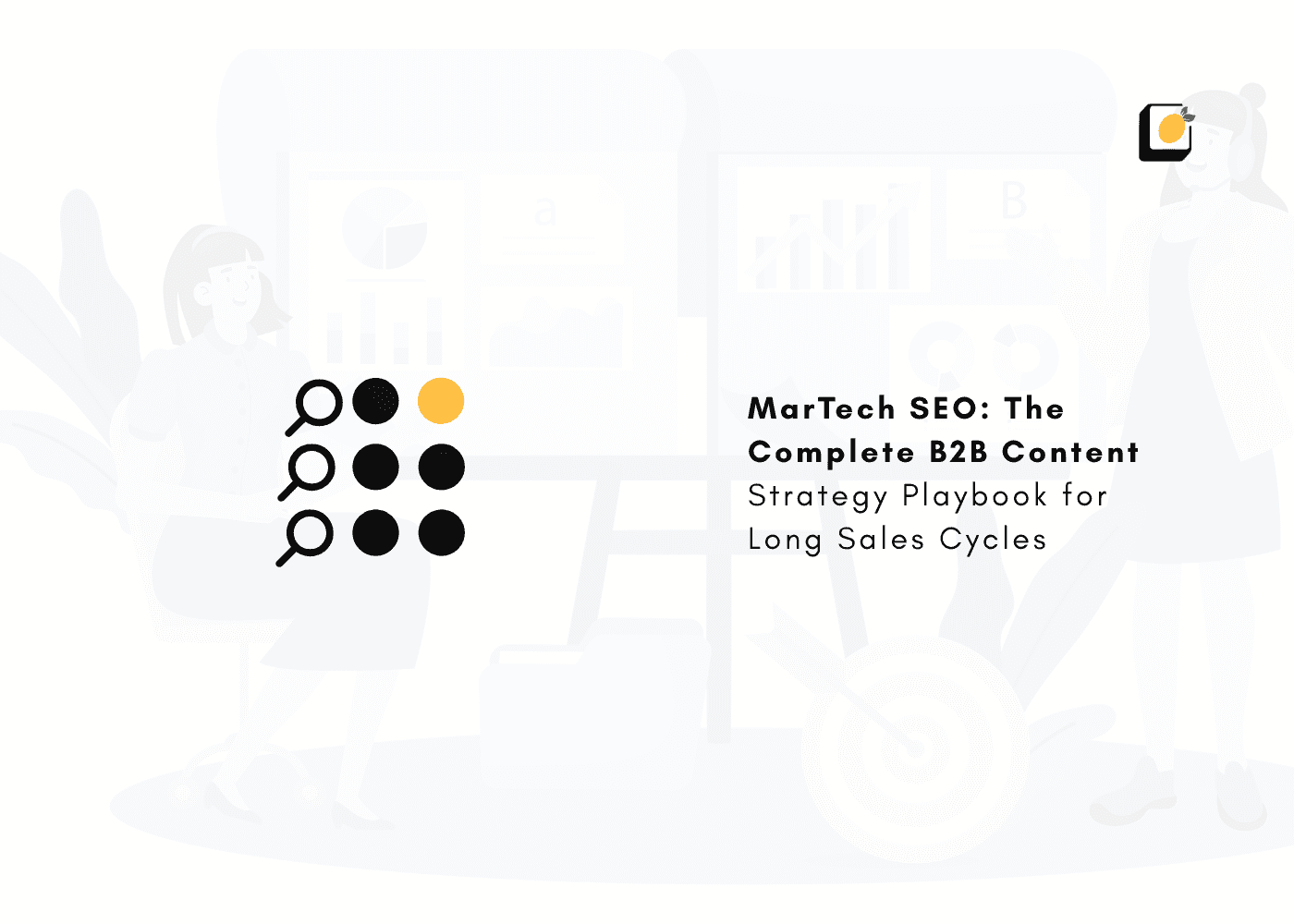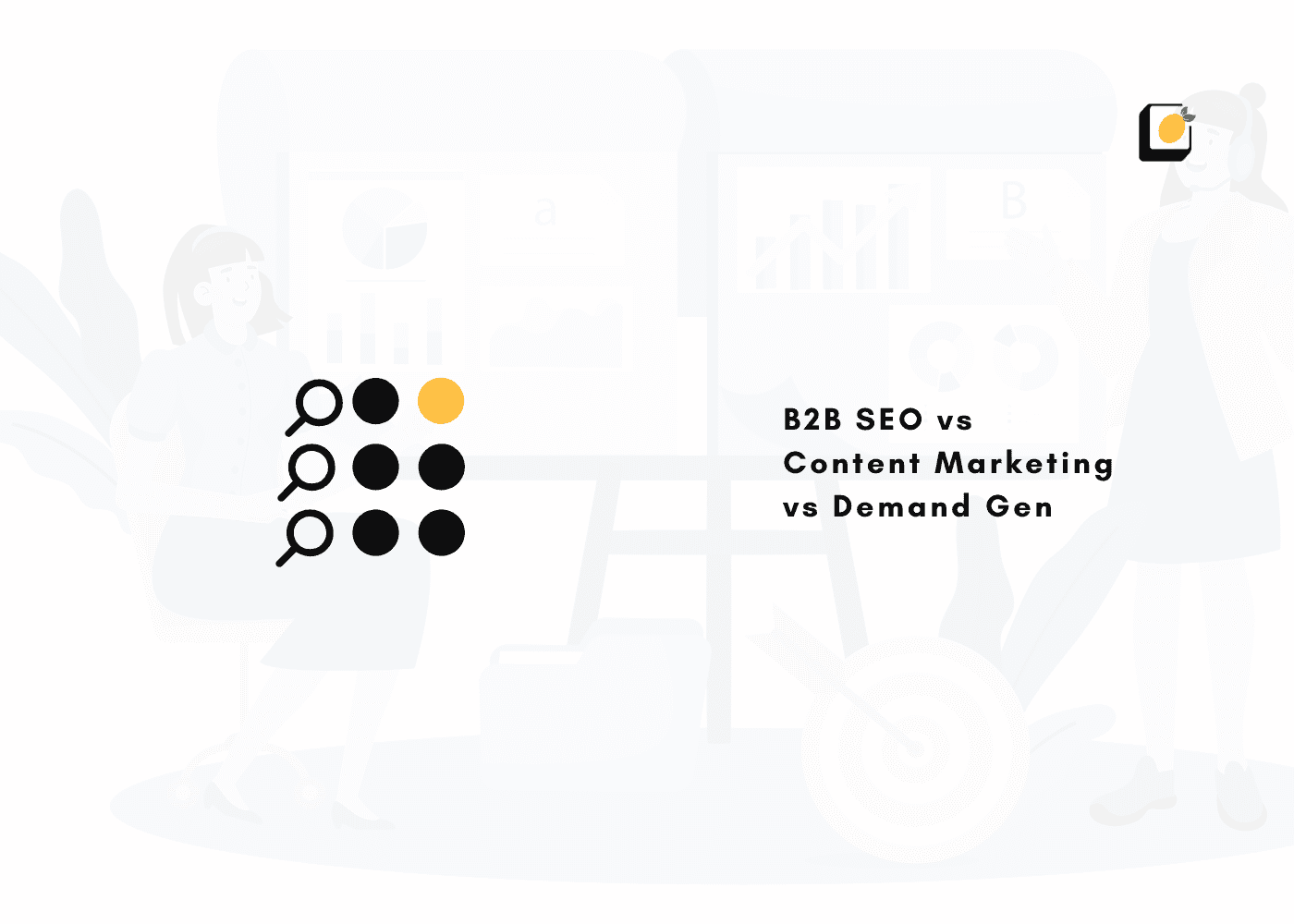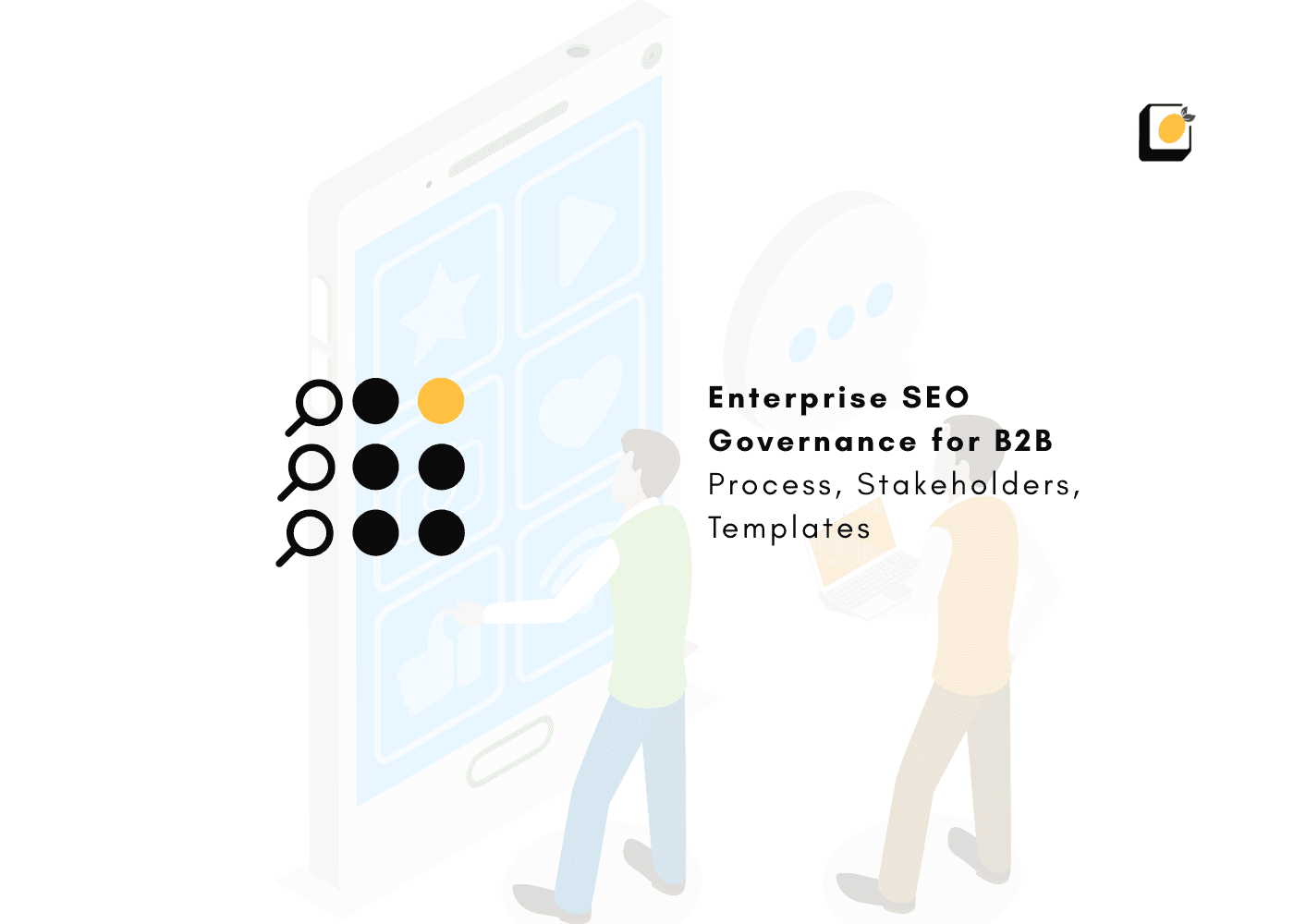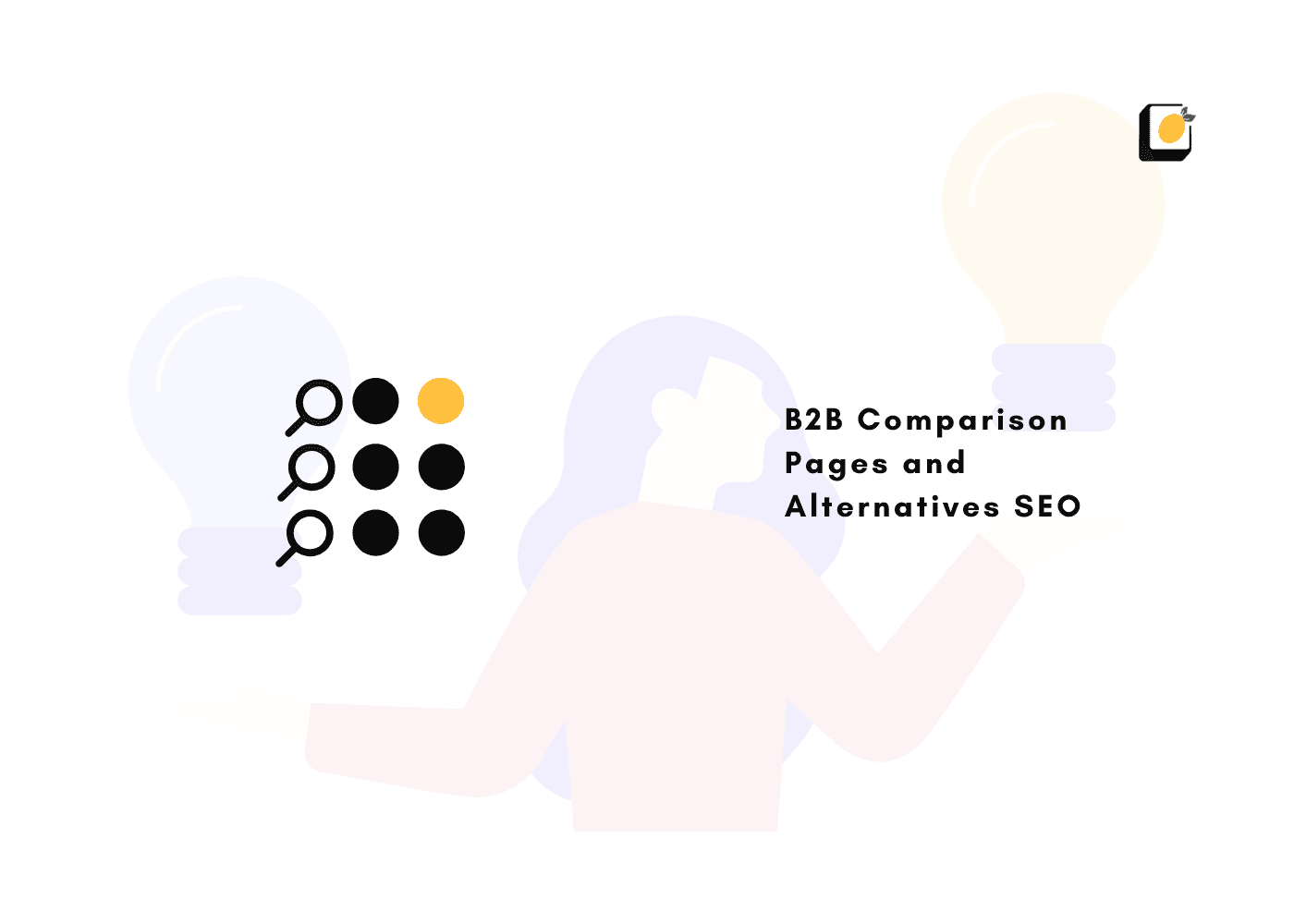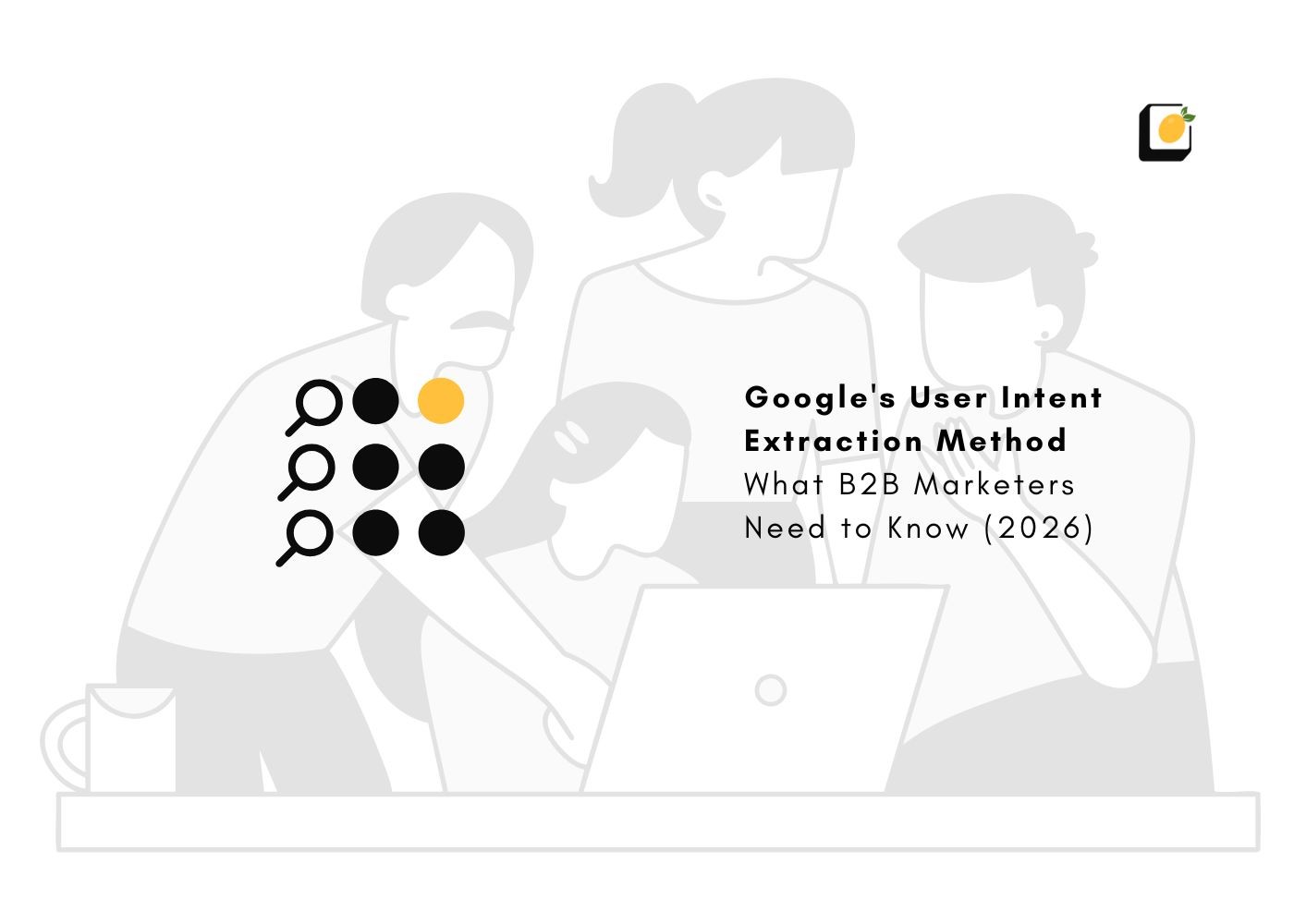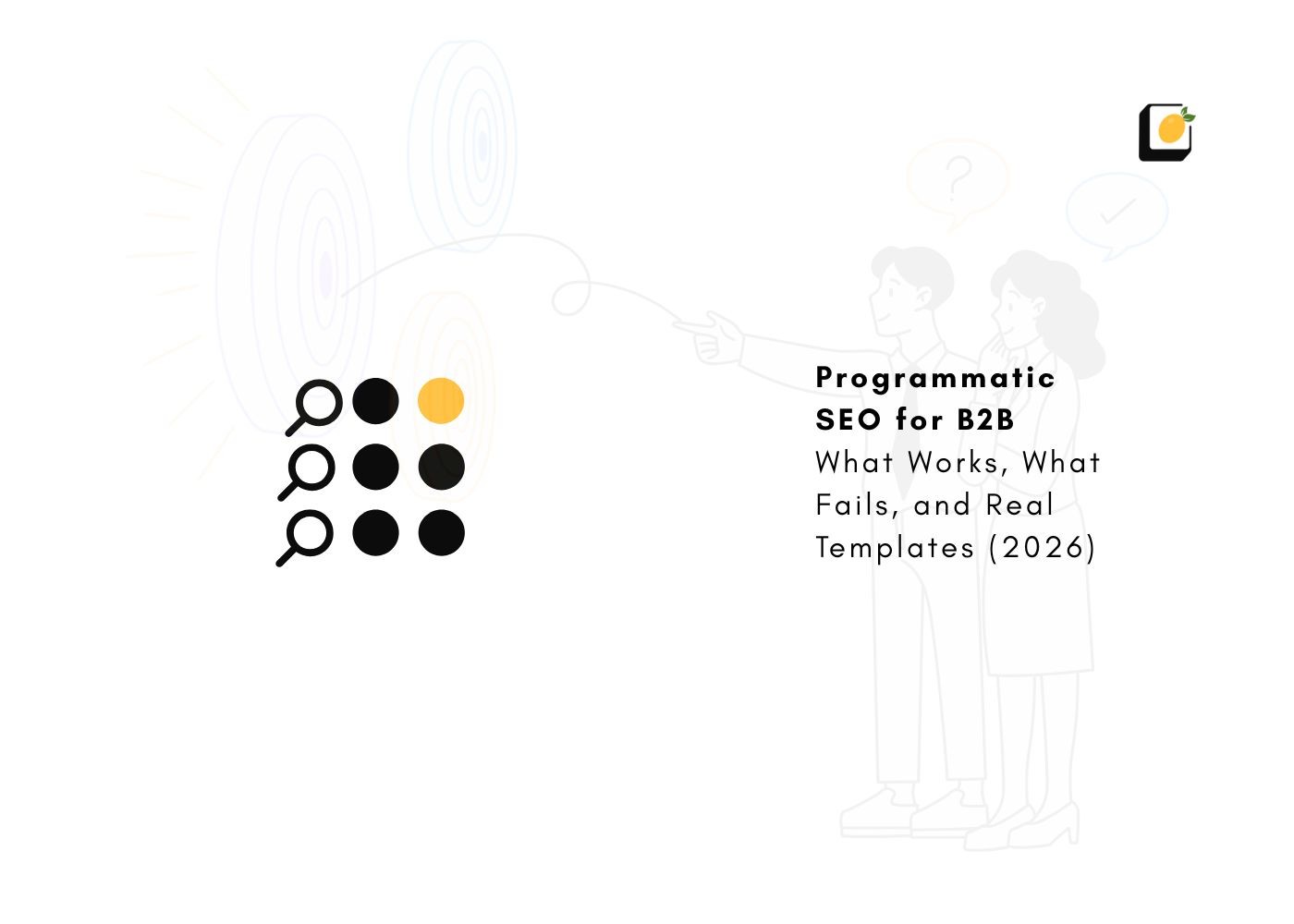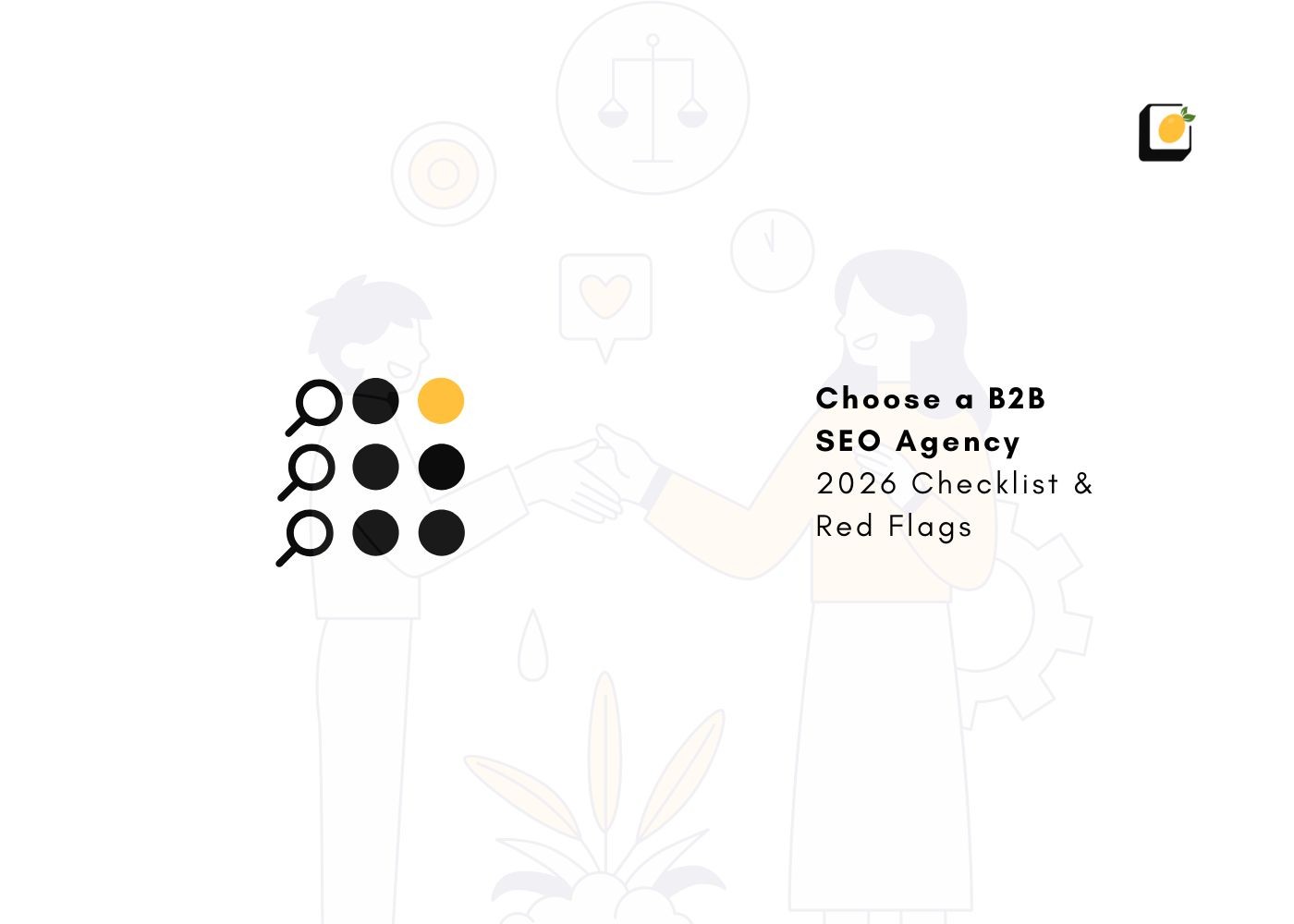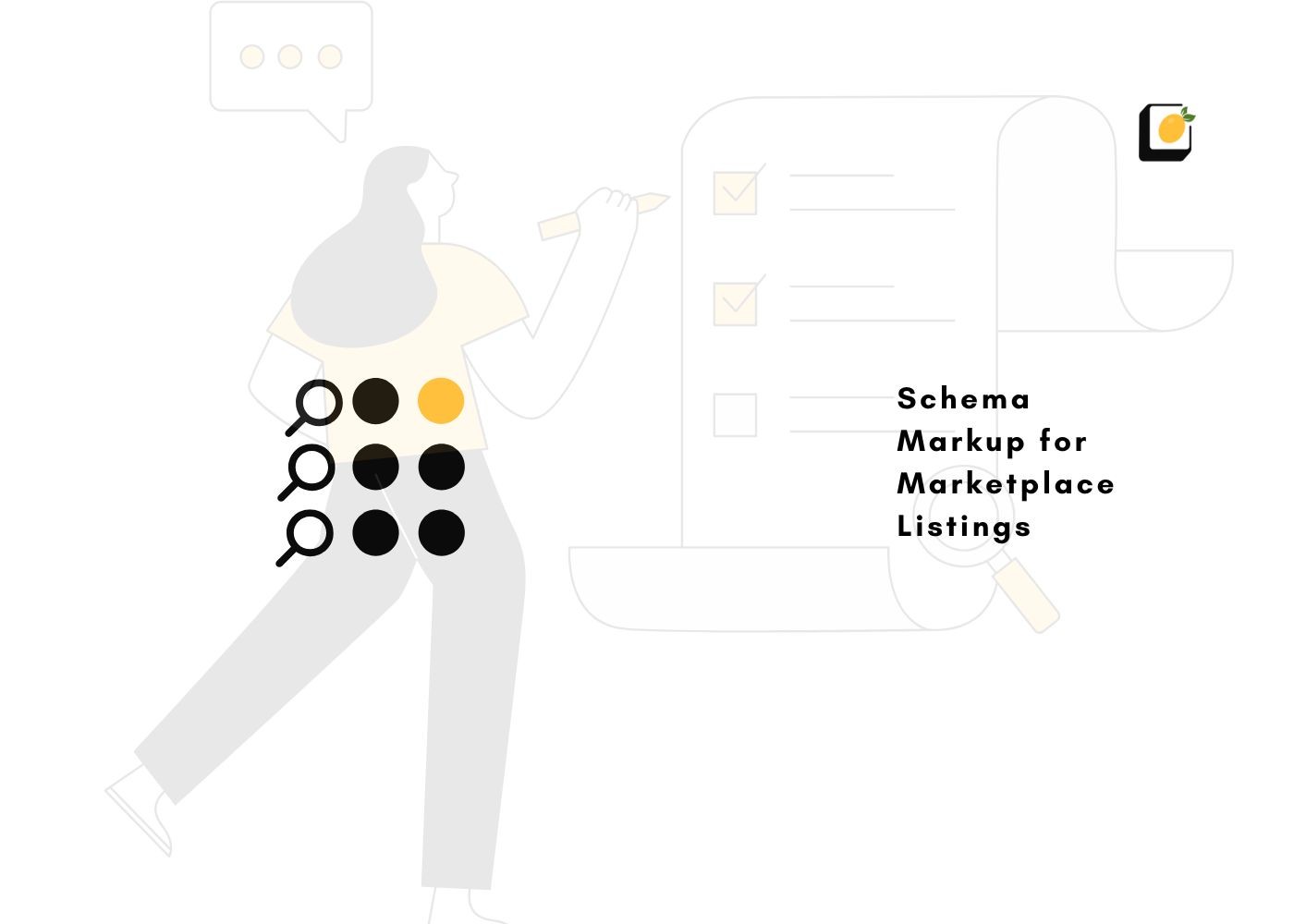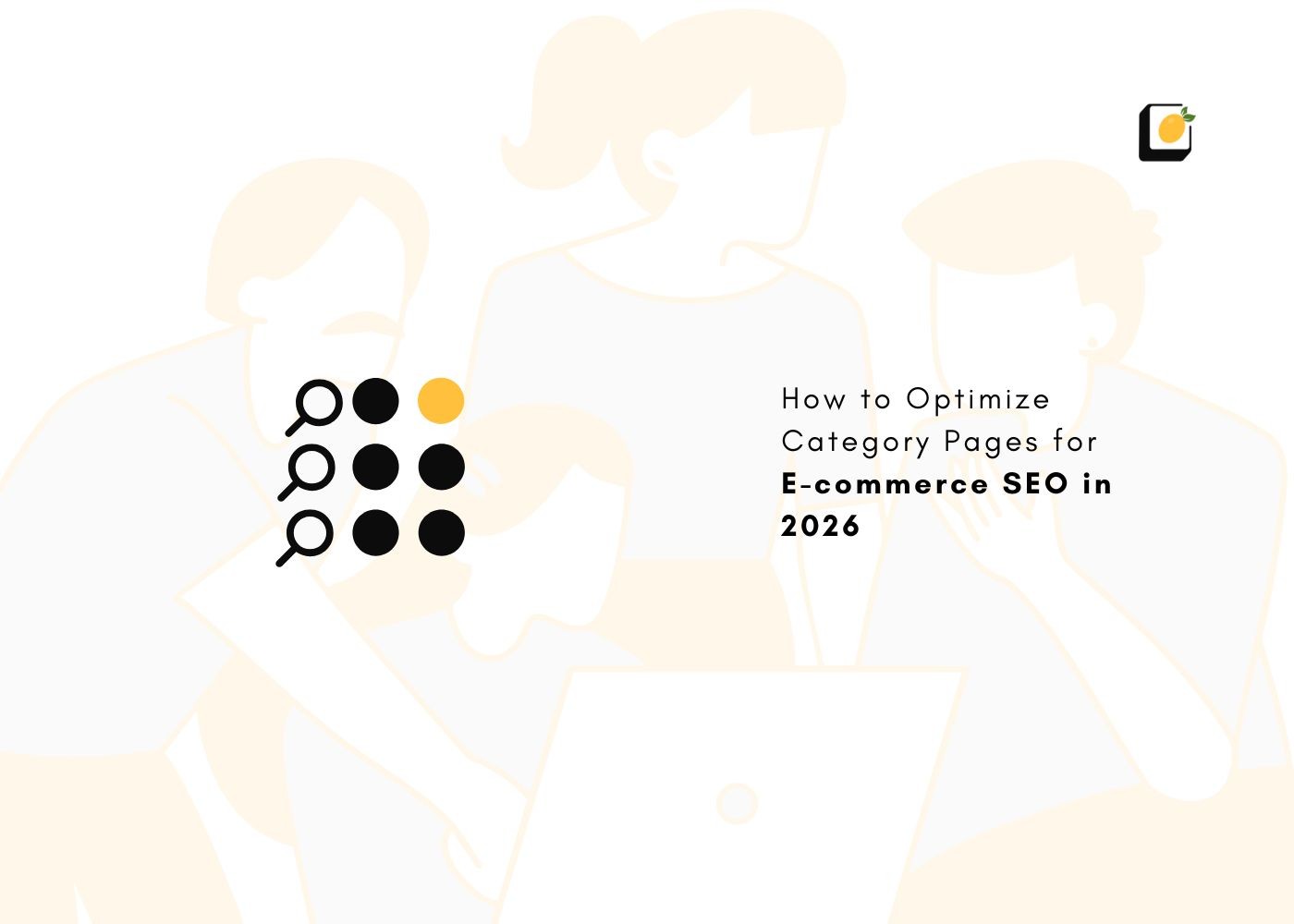The Engineering Approach to AI SEO: Data-Driven Strategies That Deliver Measurable Results
July 28, 2025
Join 500+ brands growing with Passionfruit!
What if your AI SEO strategy could be as precise and predictable as a software deployment? While most marketers are still throwing keywords at the wall hoping something sticks, forward-thinking organizations are treating search engine optimization like an engineering discipline with measurable inputs, predictable outputs, and systematic optimization processes.
The difference is staggering. Companies using an engineering approach to SEO don't just hope for better rankings; they architect them with mathematical precision. They don't guess at what works; they build systems that consistently deliver measurable SEO results quarter after quarter.
The real breakthrough isn't in having better tools or more data. It's in applying engineering methodologies to transform SEO from an art into a science. When you combine data-driven SEO principles with artificial intelligence, you create optimization systems that compound success rather than chase fleeting algorithmic changes.
This systematic approach isn't just theory, it's how leading organizations are achieving organic traffic growth while their competitors struggle with inconsistent results. Ready to engineer your SEO success?
Why Technical SEO Matters in AI-Powered Search Optimization
Technical SEO has evolved from a backend concern to the foundation of modern search success. In an AI-powered search environment, technical SEO serves as the infrastructure that determines whether your content can be properly crawled, understood, and ranked by increasingly sophisticated algorithms.
The relationship between technical SEO and AI-powered search optimization is symbiotic. While AI systems become better at understanding content context and user intent, they still rely on technical signals to efficiently process and categorize information. A technically sound website provides the structured data, clean architecture, and performance metrics that AI systems use to evaluate content quality and relevance.
Modern technical SEO extends beyond traditional elements like site speed and mobile responsiveness. It now encompasses schema markup that helps AI systems understand content relationships, Core Web Vitals that influence user experience signals, and structured data that enables rich snippet displays in AI-generated search results.
Core Engineering Principles for Search Engine Optimization Success
Applying engineering principles to search engine optimization transforms SEO from reactive tactics to a proactive strategy. The first principle is systematic measurement, everything must be quantifiable, from keyword performance to technical health scores. This creates a foundation for data-driven decision-making rather than intuition-based optimization.
The second principle is reproducibility. Every search engine optimization process should be documented, standardized, and repeatable. This means creating templates for content optimization, checklists for technical audits, and workflows that can be executed consistently across teams and time periods.
Scalability represents the third core principle. Search engine optimization strategies must be designed to grow with your business, handling increased content volume, expanded keyword targeting, and evolving technical requirements without proportional increases in manual effort.
Building Scalable SEO Automation Systems
SEO automation systems bridge the gap between manual optimization and enterprise-scale results. These systems handle repetitive tasks like technical SEO audits, content optimization checks, and performance monitoring while freeing human experts to focus on strategy and creative problem-solving.
Effective SEO automation begins with identifying high-volume, low-complexity tasks that follow predictable patterns. Technical auditing, keyword tracking, and basic content optimization can be systematized without sacrificing quality. The key is building automation that enhances rather than replaces human expertise.
The most successful SEO automation systems incorporate feedback loops that improve performance over time. By analyzing which automated optimizations produce the best results, these systems become more effective and require less manual oversight as they mature.
Essential AI SEO Tools for Data-Driven Performance Analysis
AI SEO tools have revolutionized how we approach performance analysis, transforming raw data into actionable insights. These tools process vast amounts of search data, identify patterns that human analysts might miss, and provide predictive intelligence that enables proactive optimization strategies.
The most valuable AI SEO tools integrate multiple data sources to provide comprehensive performance pictures. They combine traditional metrics like rankings and traffic with advanced signals like semantic relevance scores, content gap analysis, and competitive intelligence that reveals optimization opportunities.
Modern AI SEO tools excel at identifying correlation patterns between optimization efforts and performance outcomes. This capability transforms SEO from educated guesswork into evidence-based strategy, where every optimization decision is supported by data-driven insights.
Top AI Tools for SEO Analysis and Competitor Research
AI tools for SEO analysis have evolved to provide unprecedented insights into both your own performance and competitive landscapes. These tools analyze competitor content strategies, identify keyword gaps, and reveal technical optimization opportunities that would take human analysts weeks to discover manually.
The most effective AI tools for SEO combine automated data collection with intelligent analysis. They don't just report what happened; they explain why it happened and suggest specific actions to improve performance. This transformation from data reporting to strategic guidance represents the true value of AI in SEO analysis.
Leading AI tools for SEO now offer predictive capabilities that forecast the likely impact of optimization changes before implementation. This predictive intelligence enables more confident decision-making and resource allocation, particularly valuable for large-scale optimization projects.
Automated SEO Performance Tracking Solutions
SEO performance tracking has evolved from manual report generation to automated intelligence systems that monitor, analyze, and alert teams to significant changes in real-time. These solutions process thousands of data points continuously, identifying trends and anomalies that require attention.
Modern SEO performance tracking systems integrate with multiple data sources to provide holistic performance views. They correlate technical metrics with content performance, link acquisition with rankings changes, and user engagement signals with conversion outcomes to reveal the complete optimization picture.
The most sophisticated SEO performance tracking solutions incorporate machine learning to establish baseline performance expectations and identify statistically significant changes. This approach reduces false alarms while ensuring that meaningful performance shifts receive immediate attention.
Advanced SEO AI Tools for Content Optimization
SEO AI tools for content optimization represent the cutting edge of search marketing technology. These tools analyze top-performing content, identify semantic relationships, and suggest optimization strategies that align with both user intent and search algorithm preferences.
Advanced SEO AI tools excel at content gap analysis, identifying topics and subtopics that competitors cover but your content lacks. This intelligence enables strategic content expansion that targets high-value opportunities while avoiding oversaturated keyword spaces.
The most powerful SEO AI tools provide real-time optimization suggestions during content creation, analyzing draft content against ranking factors, and suggesting improvements before publication. Comparing different AI platforms helps identify which tools provide the most accurate and actionable content optimization recommendations.
Implementing Data-Driven SEO Strategies with Engineering Precision
Data-driven SEO strategies require the same rigor and systematic approach that engineers apply to software development. This means establishing clear success metrics, implementing controlled testing procedures, and creating feedback loops that continuously improve optimization effectiveness.
The foundation of data-driven SEO lies in comprehensive data collection and analysis systems. These systems must capture not just traditional SEO metrics but also user behavior signals, technical performance indicators, and competitive intelligence that provides context for optimization decisions.
Successful data-driven SEO implementation requires treating optimization as an iterative process rather than a one-time effort. Each optimization cycle should include hypothesis formation, controlled testing, results analysis, and strategy refinement based on empirical evidence.
Systematic Approach to SEO Optimization Techniques
SEO optimization techniques become exponentially more effective when applied systematically rather than randomly. A systematic approach begins with comprehensive site auditing to establish baseline performance and identify the highest-impact optimization opportunities.
The most effective SEO optimization techniques follow a prioritized sequence that addresses technical foundation issues before moving to content and user experience optimizations. This sequence ensures that fundamental problems don't undermine advanced optimization efforts.
Systematic SEO optimization techniques include standardized testing procedures that measure the impact of each change before implementing additional modifications. This approach isolates the effectiveness of individual techniques and builds a knowledge base of what works for your specific site and audience.
Quantifying Website, Optimization Impact
Website optimization impact measurement requires establishing clear metrics and attribution models that connect optimization efforts to business outcomes. This means tracking not just rankings and traffic but also engagement metrics, conversion rates, and revenue attribution that demonstrate SEO's business value.
Effective website optimization measurement systems use statistical analysis to determine whether performance changes are meaningful or within normal variation ranges. This statistical rigor prevents overreacting to random fluctuations while ensuring that significant improvements receive proper recognition and scaling.
The most sophisticated website optimization measurement approaches use cohort analysis and controlled testing to isolate the impact of specific optimizations from external factors like seasonality, marketing campaigns, or market conditions.
Measuring SEO Ranking Improvements
SEO ranking measurement has evolved beyond simple position tracking to encompass visibility share, click-through rate analysis, and ranking feature optimization. These advanced metrics provide a more complete picture of search performance than traditional rank monitoring alone.
Modern SEO ranking measurement includes tracking rankings across different search result types, including featured snippets, local packs, and knowledge panels. This comprehensive approach reveals optimization opportunities that single-metric tracking might miss.
The most effective SEO ranking measurement systems correlate ranking changes with traffic and conversion outcomes to identify which ranking improvements deliver the most business value. Understanding recent algorithm updates helps contextualize ranking changes and optimization priorities.
AI-Powered SEO Best Practices for Technical Implementation
SEO best practices in the AI era extend traditional optimization principles with considerations for how artificial intelligence systems process and evaluate content. These practices ensure that optimization efforts serve both human users and AI-powered search algorithms effectively.
Modern SEO best practices emphasize semantic optimization over keyword density, focusing on comprehensive topic coverage that demonstrates expertise and authority. This approach aligns with how AI systems evaluate content quality and relevance for user queries.
Technical implementation of SEO best practices now includes structured data optimization, Core Web Vitals improvement, and mobile-first indexing considerations that directly impact how AI systems crawl, index, and rank content.
Enterprise SEO Methodologies
Enterprise SEO requires methodologies that can scale across large organizations, multiple websites, and complex technical infrastructures. These methodologies emphasize process standardization, cross-team collaboration, and systematic optimization approaches that maintain quality at scale.
Successful enterprise SEO methodologies include governance frameworks that ensure consistent optimization standards across different teams and properties. This governance prevents conflicting optimization efforts and maintains brand consistency in search results.
The most effective enterprise SEO methodologies incorporate automated monitoring and alert systems that identify issues quickly across large site portfolios. This proactive approach prevents small problems from becoming major performance impacts.
B2B SEO Engineering Approaches
B2B SEO engineering approaches account for longer sales cycles, multiple decision-makers, and complex buyer journeys that characterize business-to-business markets. These approaches optimize for both search visibility and lead quality rather than just traffic volume.
B2B SEO strategies require sophisticated content mapping that addresses different stages of the buyer journey and various stakeholder roles within target organizations. This complexity demands approaches that ensure comprehensive coverage without content gaps.
Advanced B2B SEO approaches incorporate account-based marketing principles, optimizing for specific target companies and decision-makers rather than broad demographic segments. This precision targeting requires data integration between SEO and CRM systems.
Advanced AI and SEO Integration Techniques
AI and SEO integration represents the frontier of search optimization, where artificial intelligence enhances human capabilities rather than replacing them. This integration enables more sophisticated analysis, faster optimization cycles, and predictive capabilities that transform reactive SEO into a proactive strategy.
The most successful AI and SEO integration approaches use AI to augment human expertise rather than automate entire processes. AI excels at data analysis, pattern recognition, and repetitive tasks, while humans provide strategic thinking, creative problem-solving, and quality oversight.
Effective AI and SEO integration requires understanding the strengths and limitations of both artificial intelligence and human expertise. The goal is to create hybrid systems that leverage the best capabilities of each approach while mitigating their respective weaknesses.
Automated Keyword Research Using AI Technology
AI keyword research transforms traditional keyword discovery from manual brainstorming to data-driven opportunity identification. AI systems analyze search patterns, competitor strategies, and content gaps to reveal keyword opportunities that manual research might miss.
Modern AI keyword research tools go beyond search volume and competition metrics to analyze semantic relationships, user intent patterns, and content performance correlations. This deeper analysis reveals keyword opportunities that align with both search demand and business objectives.
The most advanced AI keyword research approaches incorporate predictive modeling that forecasts keyword performance based on current trends, seasonal patterns, and competitive dynamics. Comprehensive keyword research strategies demonstrate how AI-powered tools can revolutionize keyword discovery and prioritization.
SEO Content Optimization Through Machine Learning
SEO content optimization powered by machine learning analyzes thousands of ranking factors simultaneously to identify optimization opportunities that human analysts would take months to discover. These systems learn from successful content patterns to suggest improvements that align with search algorithm preferences.
Machine learning approaches to SEO content optimization excel at identifying subtle patterns in top-performing content, from semantic keyword relationships to structural elements that influence rankings. This pattern recognition enables optimization suggestions that go beyond basic best practices.
The most sophisticated SEO content optimization systems use machine learning to personalize optimization recommendations based on your site's specific performance patterns and audience behavior. This customization ensures that optimization efforts align with your unique competitive landscape and user base.
Scaling SEO with AI-Powered Automation
AI-powered SEO automation enables optimization at scales that would be impossible with manual approaches. These systems handle routine optimization tasks, monitor performance continuously, and implement approved changes without human intervention, freeing experts for strategic work.
Successful AI-powered SEO automation requires careful boundary setting that defines which tasks can be automated and which require human oversight. The goal is to scale efficiency without sacrificing quality or strategic alignment.
The most effective AI-powered SEO systems incorporate learning mechanisms that improve their automation capabilities over time. By analyzing which automated actions produce the best results, these systems become more intelligent and require less manual supervision.
SEO Analysis and Performance Metrics
SEO analysis in the AI era requires metrics that capture both traditional optimization outcomes and AI-specific performance indicators. This comprehensive measurement approach ensures that optimization efforts align with both search algorithm preferences and business objectives.
Modern SEO analysis extends beyond rankings and traffic to include engagement metrics, conversion attribution, and competitive positioning that provide complete performance pictures. This holistic approach reveals optimization opportunities that single-metric analysis might miss.
The most valuable SEO analysis frameworks incorporate predictive metrics that forecast future performance based on current optimization trends. This predictive capability enables proactive strategy adjustments before performance declines become evident.
Key Performance Indicators for AI SEO Optimization
AI SEO optimization requires KPIs that measure both the efficiency of AI tools and the effectiveness of optimization outcomes. These metrics include automation accuracy rates, prediction reliability scores, and human-AI collaboration effectiveness measures.
Traditional SEO metrics remain important for AI SEO optimization, but they must be supplemented with AI-specific indicators like content comprehension scores, semantic relevance ratings, and algorithm confidence levels that reflect how AI systems evaluate your content.
The most comprehensive AI SEO optimization KPI frameworks track the business impact of AI integration, measuring not just performance improvements but also efficiency gains, cost reductions, and strategic advantage creation that AI tools enable.
ROI Calculation Methods for SEO Measurement
SEO measurement ROI calculation has become more sophisticated as tracking capabilities improve and attribution models become more accurate. Modern ROI calculation includes both direct revenue attribution and indirect value creation from brand visibility and market positioning.
Accurate SEO measurement ROI requires establishing baseline performance metrics and isolating SEO impact from other marketing activities. This attribution complexity demands advanced analytics capabilities and systematic tracking procedures.
The most reliable SEO measurement ROI approaches use multiple attribution models and statistical analysis to provide confidence intervals around performance estimates. This statistical rigor enables more confident investment decisions and resource allocation.
Competitor Analysis Frameworks for Search Optimization
Competitor analysis frameworks for search optimization have evolved to incorporate AI-powered intelligence gathering and pattern recognition. These frameworks identify competitive advantages, content gaps, and strategic opportunities that manual analysis would take weeks to uncover.
Modern competitor analysis approaches use automated monitoring systems that track competitor performance continuously rather than conducting periodic manual audits. This continuous monitoring enables rapid response to competitive threats and opportunities.
The most sophisticated competitor analysis frameworks incorporate predictive modeling that forecasts likely competitive moves based on historical patterns and current market dynamics. This predictive intelligence enables proactive competitive positioning rather than reactive responses.
Building Robust SEO Strategies Using Engineering Methods
SEO strategies built using engineering methods emphasize systematic planning, controlled testing, and iterative improvement over intuitive decision-making. These methods ensure that strategies remain effective as search algorithms evolve and competitive landscapes shift.
Engineering-based SEO strategies incorporate redundancy and fail-safe mechanisms that maintain performance even when individual tactics become less effective. This resilience approach creates sustainable competitive advantages that withstand algorithm updates and market changes.
The most successful SEO strategies using engineering methods include continuous optimization cycles that systematically test improvements, measure results, and refine approaches based on empirical evidence rather than industry speculation.
Systematic SEO Techniques for Consistent Results
SEO techniques applied systematically produce more consistent results than random optimization efforts. Systematic application means following documented procedures, measuring outcomes consistently, and refining techniques based on performance data.
The most effective SEO techniques follow a sequence of optimization that addresses fundamental issues before advancing to complex strategies. This systematic progression ensures that basic problems don't undermine sophisticated optimization efforts.
Systematic SEO techniques include standardized quality assurance procedures that verify optimization completeness and accuracy before implementation. This quality control prevents errors that could harm performance and maintains optimization effectiveness over time.
Integrating AI for SEO Workflow Optimization
AI for SEO workflow optimization streamlines repetitive tasks, accelerates analysis, and improves decision-making accuracy throughout the optimization process. This integration enables teams to handle larger optimization scopes without proportional resource increases.
Successful AI for SEO integration requires mapping existing workflows and identifying specific tasks where AI can add value without disrupting proven processes. The goal is to enhance rather than replace existing expertise and procedures.
The most effective AI for SEO workflow optimization creates hybrid processes that combine AI efficiency with human creativity and strategic thinking. Understanding different AI tool capabilities helps identify which AI tools provide the most value for specific workflow optimization needs.
Quality Assurance in Automated SEO Processes
Automated SEO quality assurance requires systematic checks that verify optimization accuracy, completeness, and alignment with strategic objectives. These quality systems prevent automated errors from accumulating and ensure that automation enhances rather than undermines optimization effectiveness.
Quality assurance in automated SEO includes human oversight checkpoints at critical process stages, automated error detection systems, and performance monitoring that identifies when automated processes deviate from expected outcomes.
The most reliable automated SEO quality assurance systems incorporate machine learning that improves error detection capabilities over time. By analyzing patterns in automation errors and successes, these systems become more accurate and require less manual oversight.
Implementation Roadmap for SEO with AI Integration
SEO with AI implementation requires systematic planning that addresses technical infrastructure, team training, and process integration challenges. This roadmap approach ensures successful AI integration without disrupting existing optimization effectiveness.
Successful SEO with AI implementation follows phased approaches that allow teams to develop expertise gradually while maintaining performance throughout the transition. This incremental approach reduces risk while maximizing learning opportunities.
The most effective SEO with AI implementation roadmaps include success metrics and milestone checkpoints that verify progress and identify course corrections before problems impact performance.
Phase 1: Technical Infrastructure Setup
Technical infrastructure setup establishes the foundation for AI-powered SEO optimization. This phase includes data integration systems, analytics platforms, and monitoring tools that support both traditional SEO and AI-enhanced optimization approaches.
Infrastructure setup requires evaluating existing systems and identifying gaps that could limit AI integration effectiveness. This assessment ensures that infrastructure investments support both current needs and future expansion opportunities.
The most successful infrastructure setups incorporate scalability considerations that enable growth without system replacements. This forward-thinking approach protects infrastructure investments while enabling continuous optimization capability expansion.
Phase 2: AI Tool Integration and Testing
AI tool integration requires systematic testing that verifies tool accuracy, reliability, and alignment with optimization objectives. This testing phase identifies the most effective tools while establishing usage protocols that maximize value.
Tool integration testing includes both performance verification and workflow compatibility assessment. The goal is to identify AI tools that enhance existing processes rather than requiring complete workflow replacements.
Successful AI tool integration includes team training that enables effective tool utilization without overwhelming users with complexity. Professional SEO services often provide valuable guidance during the AI tool selection and integration phases.
Phase 3: Performance Monitoring and Optimization
Performance monitoring and optimization represent the ongoing phase where AI-enhanced SEO strategies deliver sustained results. This phase includes continuous performance analysis, strategy refinement, and optimization scaling based on empirical results.
Performance monitoring systems must track both traditional SEO metrics and AI-specific performance indicators that reflect the effectiveness of AI integration efforts. This comprehensive monitoring enables informed optimization decisions.
The optimization phase includes systematic testing of new AI capabilities and optimization techniques that expand competitive advantages over time. Increasing organic traffic strategies often benefit from continuous AI-powered optimization refinements.
Conclusion
The engineering approach to AI SEO transforms search optimization from guesswork into a predictable, scalable discipline. By combining data-driven SEO methodologies with artificial intelligence capabilities, organizations create optimization systems that deliver measurable SEO results consistently and compound success over time.
The companies that master this systematic approach won't just survive the AI revolution, they'll lead it. While competitors struggle with inconsistent results and reactive strategies, engineering-minded organizations will build sustainable competitive advantages through systematic optimization, intelligent automation, and continuous improvement processes.
Your journey toward engineering excellence in SEO begins with treating optimization as a discipline worthy of the same rigor and systematic thinking that drives success in software development, manufacturing, and other precision-dependent fields. The tools and methodologies exist, the question is whether you'll use them to engineer your success.
Ready to transform your SEO from art to science? Discover comprehensive SEO strategies that combine engineering precision with AI-powered intelligence for predictable, scalable results.
Contact Passionfruit today, your one-stop growth engine.
FAQ
How does AI improve SEO performance measurement?
AI dramatically improves SEO performance measurement by processing vast amounts of data simultaneously, identifying patterns that human analysts would miss, and providing predictive insights about future performance trends. AI systems can correlate hundreds of variables to reveal which optimization efforts produce the best results, enabling more accurate ROI calculations and strategic decision-making. Additionally, AI-powered measurement tools provide real-time performance monitoring with automated alerts for significant changes, ensuring that teams can respond quickly to both opportunities and threats.
What are the best AI tools for technical SEO analysis?
The best AI tools for technical SEO analysis combine automated site crawling with intelligent issue prioritization and actionable recommendations. Leading tools like DeepCrawl, Screaming Frog's AI features, and Google's own Search Console use machine learning to identify technical issues, predict their impact on performance, and suggest specific solutions. These tools excel at analyzing large websites, identifying patterns in technical problems, and providing insights that would take human analysts significantly longer to discover.
How do you implement data-driven SEO strategies?
Implementing data-driven SEO strategies requires establishing comprehensive data collection systems, defining clear success metrics, and creating systematic testing procedures. Start by integrating multiple data sources, including analytics, search console data, and competitive intelligence. Develop hypothesis-driven testing frameworks that isolate the impact of specific optimizations, and use statistical analysis to determine which changes produce meaningful results. Most importantly, create feedback loops that continuously refine strategies based on empirical evidence rather than industry assumptions.
What engineering principles apply to SEO optimization?
Key engineering principles for SEO optimization include systematic measurement, reproducible processes, scalable solutions, and iterative improvement. Treat SEO like software development with version control, testing protocols, and quality assurance procedures. Implement automation for repetitive tasks while maintaining human oversight for strategic decisions. Use statistical analysis to validate optimization effectiveness and create documentation that enables knowledge transfer and process improvement over time.
How do you measure ROI from AI SEO investments?
Measuring ROI from AI SEO investments requires tracking both direct performance improvements and efficiency gains from AI integration. Calculate direct ROI by measuring traffic increases, ranking improvements, and conversion rate enhancements attributable to AI-powered optimizations. Include efficiency benefits like reduced manual work, faster analysis cycles, and improved decision accuracy in your ROI calculations. Use attribution modeling to isolate AI contributions from other marketing activities, and track leading indicators like content production speed and optimization accuracy that predict future performance improvements.


